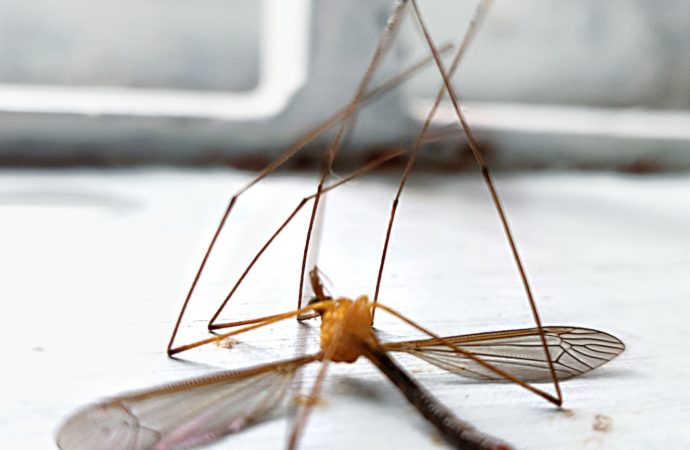Introduction: As the warm summer months approach, so does the inevitable nuisance of mosquito bites. However, a groundbreaking discovery in the world of personal care products may hold the key to ending this perennial battle. Recent research suggests that a simple switch in soap brands could offer protection against mosquito bites. In this article,
Introduction:
As the warm summer months approach, so does the inevitable nuisance of mosquito bites. However, a groundbreaking discovery in the world of personal care products may hold the key to ending this perennial battle. Recent research suggests that a simple switch in soap brands could offer protection against mosquito bites. In this article, we explore the science behind this phenomenon and its potential to revolutionize our fight against these pesky insects.
Body:
1. The Soap Switch:
Researchers at the esteemed Entomology Department of St. Bernard University stumbled upon a surprising correlation between mosquito bites and certain soap brands. Their study, published in the Journal of Insect Science, examined the effects of various personal care products on mosquito attraction and found a significant association. It turns out that certain ingredients in conventional soaps can attract mosquitoes, while others repel them.
2. Mosquito Attraction Mechanism:
Mosquitoes are attracted to humans by a combination of factors, including body odor and heat. However, the researchers discovered that the fragrances and additives found in some soaps can act as powerful attractants, effectively drawing mosquitoes to the unsuspecting user. This breakthrough sheds light on why some individuals seem to be more prone to mosquito bites than others.
3. Repellent Soap Ingredients:
The researchers identified several soap ingredients that repel mosquitoes. These ingredients, such as citronella, neem oil, and lemon eucalyptus, possess natural insect-repellent properties. By incorporating these components into personal care products, soap manufacturers can create a new generation of mosquito-repellent soaps.
4. The Effectiveness of Repellent Soaps:
Initial studies conducted by the researchers indicate that repellent soaps can significantly reduce mosquito bites. Participants who used these soaps reported a remarkable decrease in mosquito encounters, suggesting a promising future for this innovative approach. While further research is needed to validate these findings, the potential impact on public health and mosquito-borne diseases is enormous.
5. Environmental Considerations:
One crucial aspect to consider in this soap switch is the environmental impact. The newfound demand for mosquito-repellent soaps raises concerns about sustainability and responsible sourcing of the ingredients. It is essential for soap manufacturers to adopt environmentally friendly practices and ensure their production processes do not harm ecosystems or contribute to climate change.
6. Embracing the Future:
If the use of mosquito-repellent soaps gains traction, it could revolutionize the way we protect ourselves from mosquito-borne diseases. The prevalence of diseases like malaria, dengue fever, and Zika virus calls for innovative solutions that are accessible to everyone. A simple soap switch might be the first step towards a safer, mosquito-free world.
Conclusion:
The discovery of the link between soap ingredients and mosquito attraction opens up new possibilities for mosquito bite prevention. The potential to reduce mosquito encounters through a simple switch in personal care products is an exciting development that holds promise for both individuals and communities at large. As we eagerly await further research and product development, it is clear that a small change in our daily routine could have a significant impact on our battle against mosquitoes.

















Leave a Comment
Your email address will not be published. Required fields are marked with *